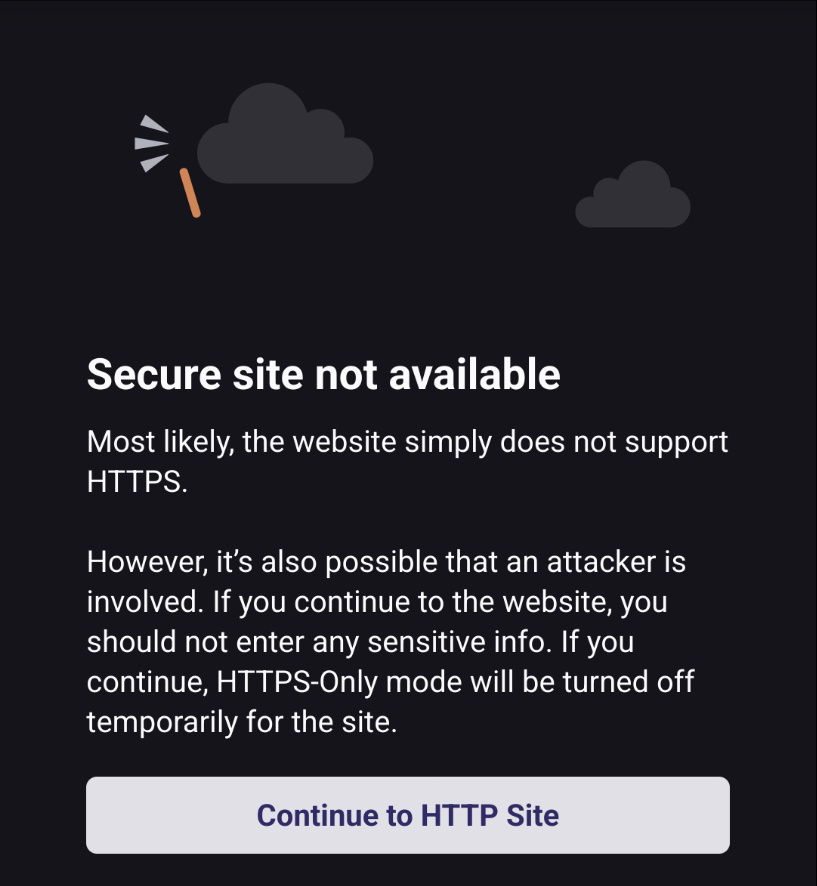- cross-posted to:
- technology@lemmit.online
- privacy@lemmy.ca
- firefox@lemmy.ml
- cross-posted to:
- technology@lemmit.online
- privacy@lemmy.ca
- firefox@lemmy.ml
ECH (encrypted client hello) is going or get enabled by default (already existed in a hidden setting) with version 118.
This page about the version explains a bit better ECH https://support.mozilla.org/fr/kb/understand-encrypted-client-hello
Tho it is still a bit confusing.
From what I understand there is the DNS query > the dns servers sends back an IP. This DNS query can be encrypted with DoH (or DoT?, it seems only DoH from the post).
Then there is a handshake with the website where the website informations can be leaked, and that can be encrypted by ECH (if the website supports it).
Then after that there is a tls connexion established between the website and the user.
The part where I’m confused is : can ECH be used without DoH? If yes that would mean that I can use a DoH capable software and not have to configure it into Firefox? (ex: Nextdns + yogadns)


So will HTTPS sites actually open in HTTPS now? It’s the one thing that annoys the hell out of me since switching back to FF.
You can set Firefox to just do that for everything:
https://support.mozilla.org/en-US/kb/https-only-prefs
Chrome has a similar option here:
https://support.google.com/chrome/answer/10468685#https-only-mode
It’s already on. The problem is going to a HTTPS site gives the “this site isn’t actually secure, would you like to open it in HTTP instead?” And doesn’t actually load the sites, which I know work, in HTTPS.
Like this:
This site (SNAP homepage) works in HTTPS just fine on Chrome.
Their webserver is probably misconfigured I think?
Chrome does a bunch of stuff in the background (trying no www, with www, etc) to try and get you to the https website, which firefox doesn’t. It’s a reason I like firefox as a developer, makes it super obvious when you’ve messed something up
I sometimes get this too. It’s a bit annoying on mobile (not happening on desktop), but I often just need to reload the page.